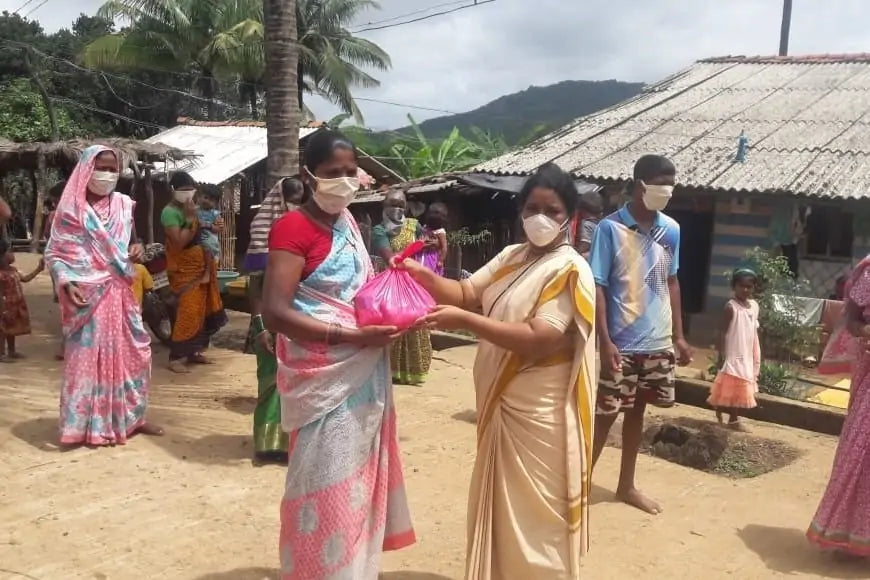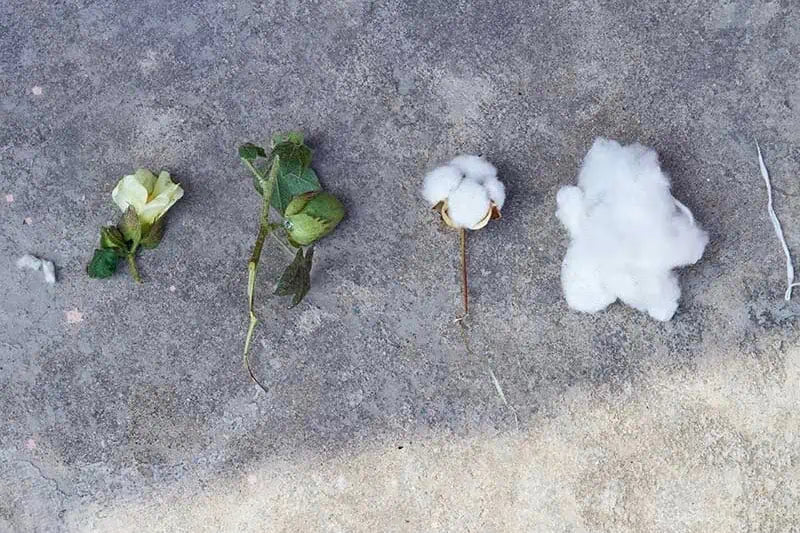INDIGENOUS WOMEN, CULTURE, HERITAGE AND ITS ROLE IN THE FASHION INDUSTRY
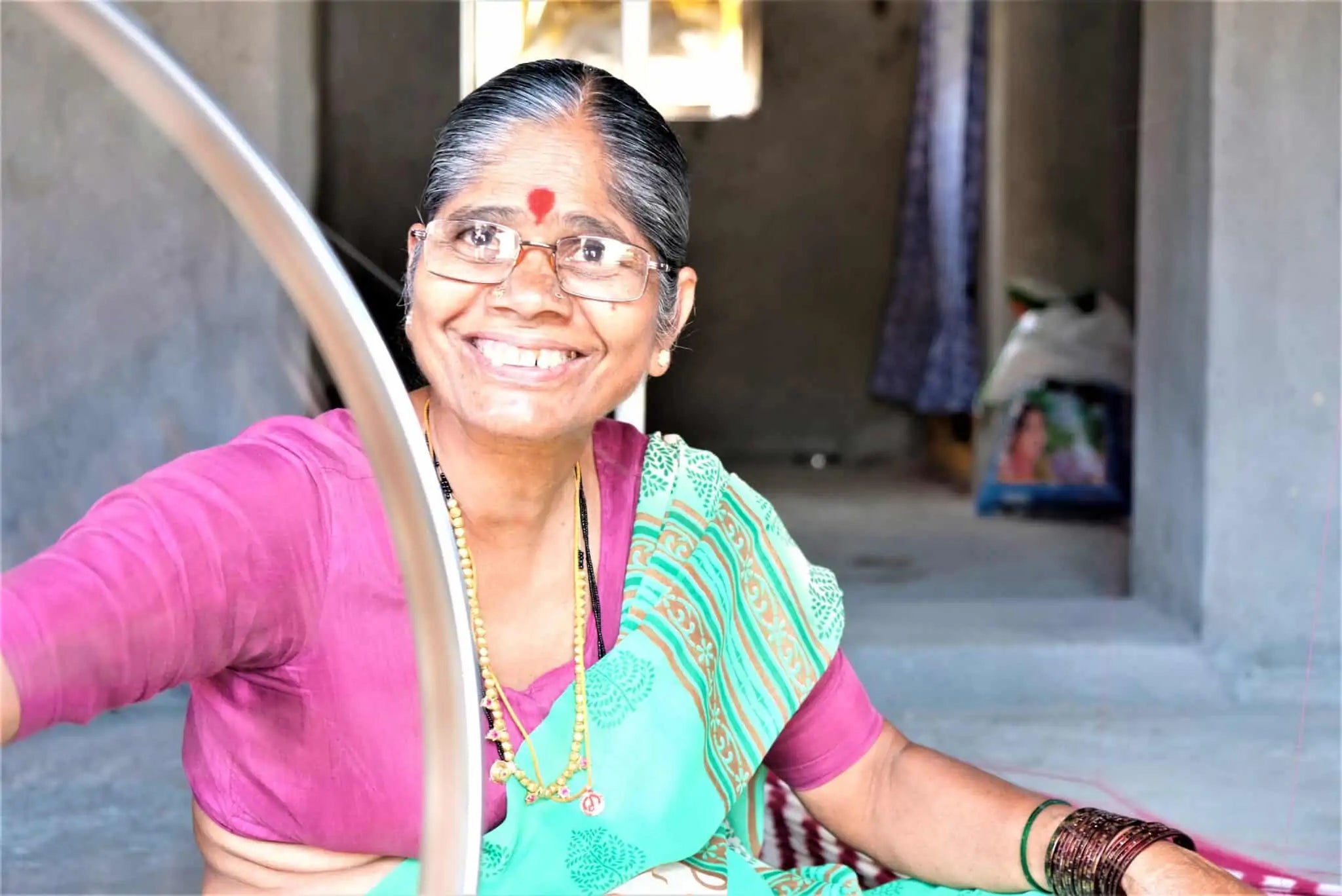
This is a third-party article by Sofia Sovera, a fashion writer and editor. After graduating from IED fashion school in Milan, she continues to pursue her passion for sustainability, cultures and communications, writing for fashion brands around the world. For further information contact her on LINKEDIN
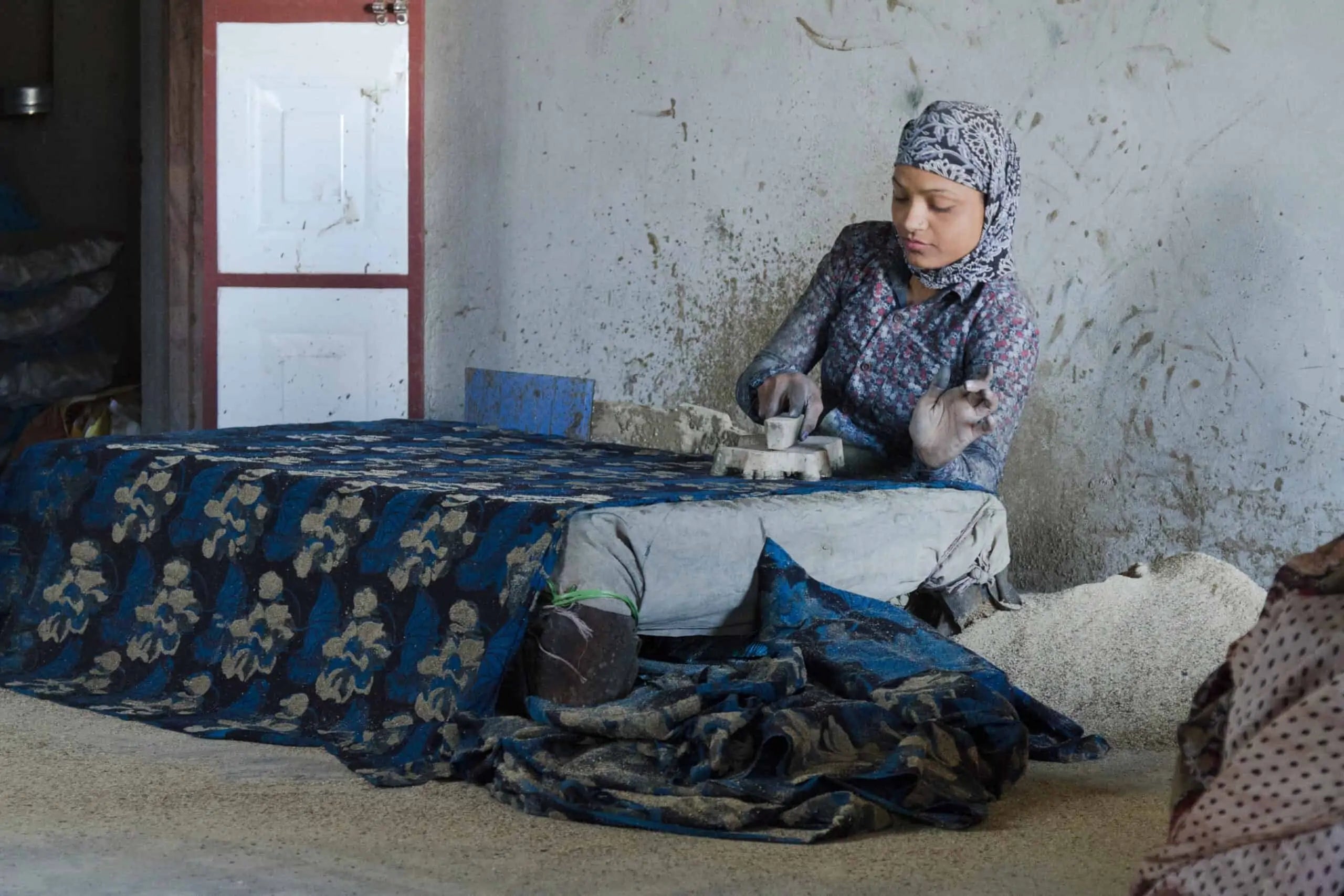
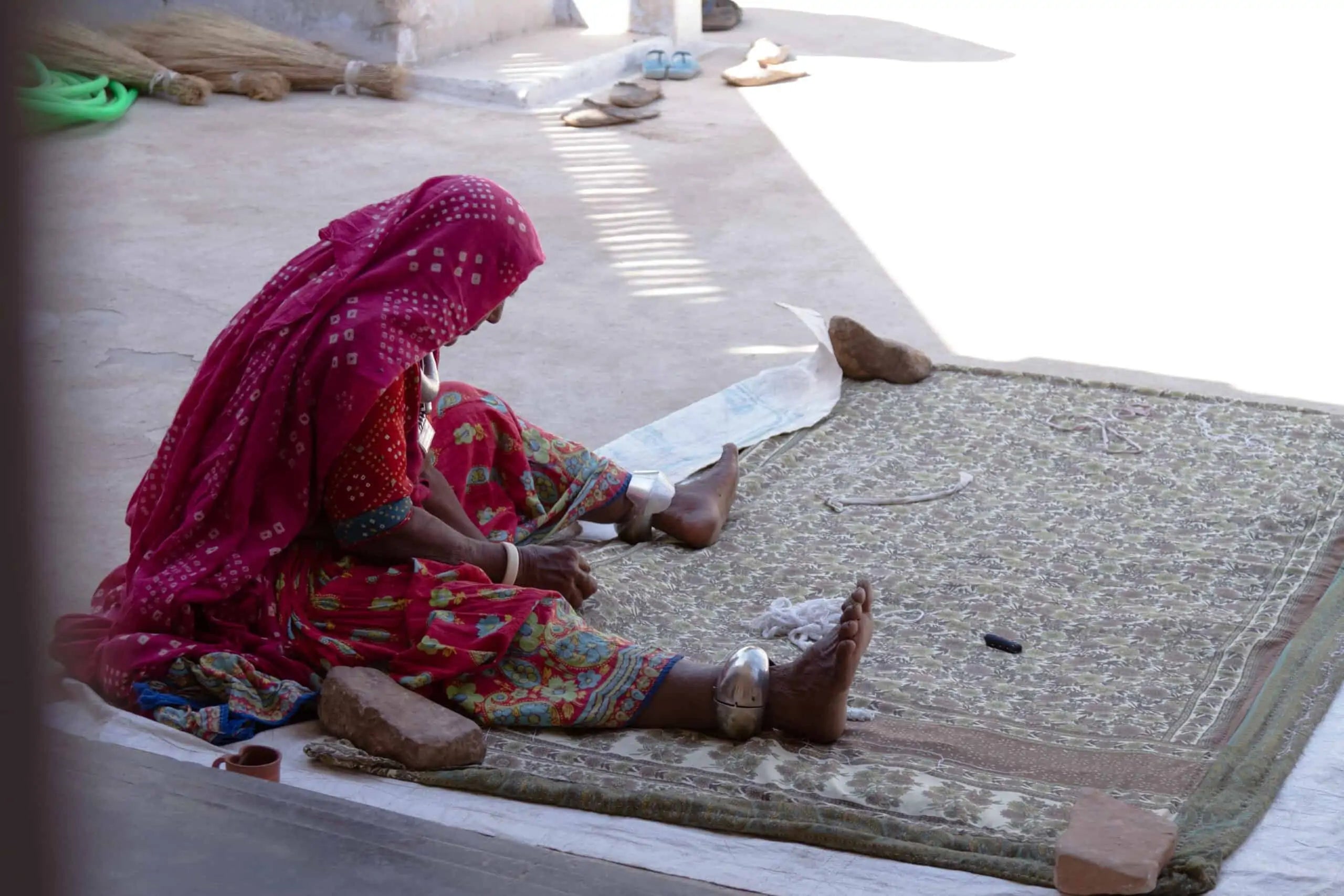
In today's fast paced world, we often forget the importance of investigating where the objects that surround us actually come from, their origin and who the human behind its creation is. Thanks to the #whomademyclothes campaign, the awareness of origin and manufacturing started to rise increasingly.
Over the last few decades, fashion brands have become more transparent. The awareness of fair trade, equal human rights at work and sustainable manufacturing became more relevant.
The sustainable market is expected to grow from $6.35 billion in 2019 to $8.25 billion in 2023 at a compound annual growth rate (CAGR) of 6.8%. This is a great milestone for the industry, because with its growing awareness, the horrible environmental and human consequences of fast fashion chains are coming to the surface as well. (Source: The State of Fashion report 2021)
Culture and heritage plays a big role in the fashion industry. Every country has its own culture, values and idioms. Over the years, the concept of a so-called distinct culture has faded and has been moved to the background, because of the strong phenomena of globalization our world has been imprinted with; “We are increasingly interconnected and interdependent in between people and countries. We are one, we merge into a melting pot of nations.”
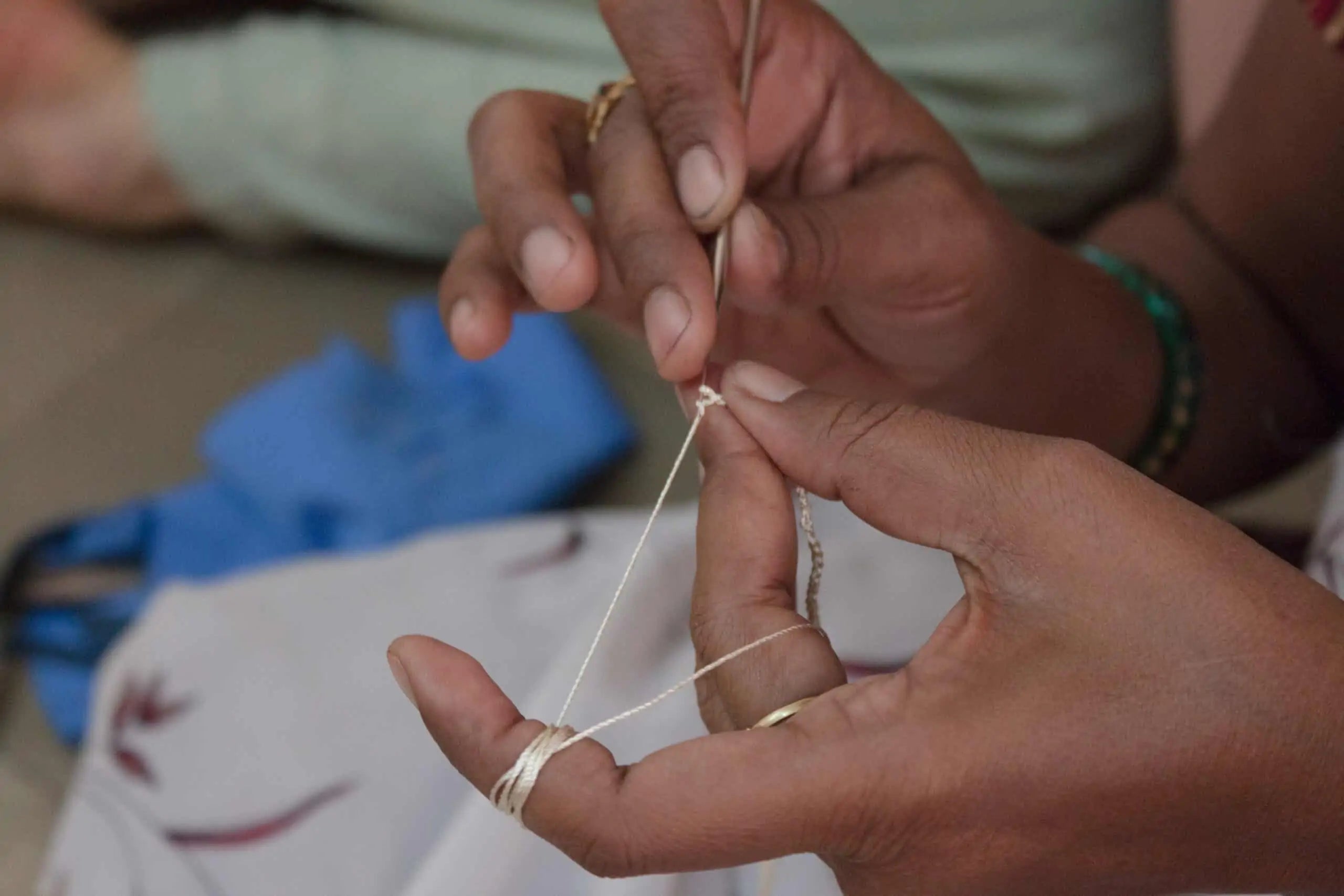
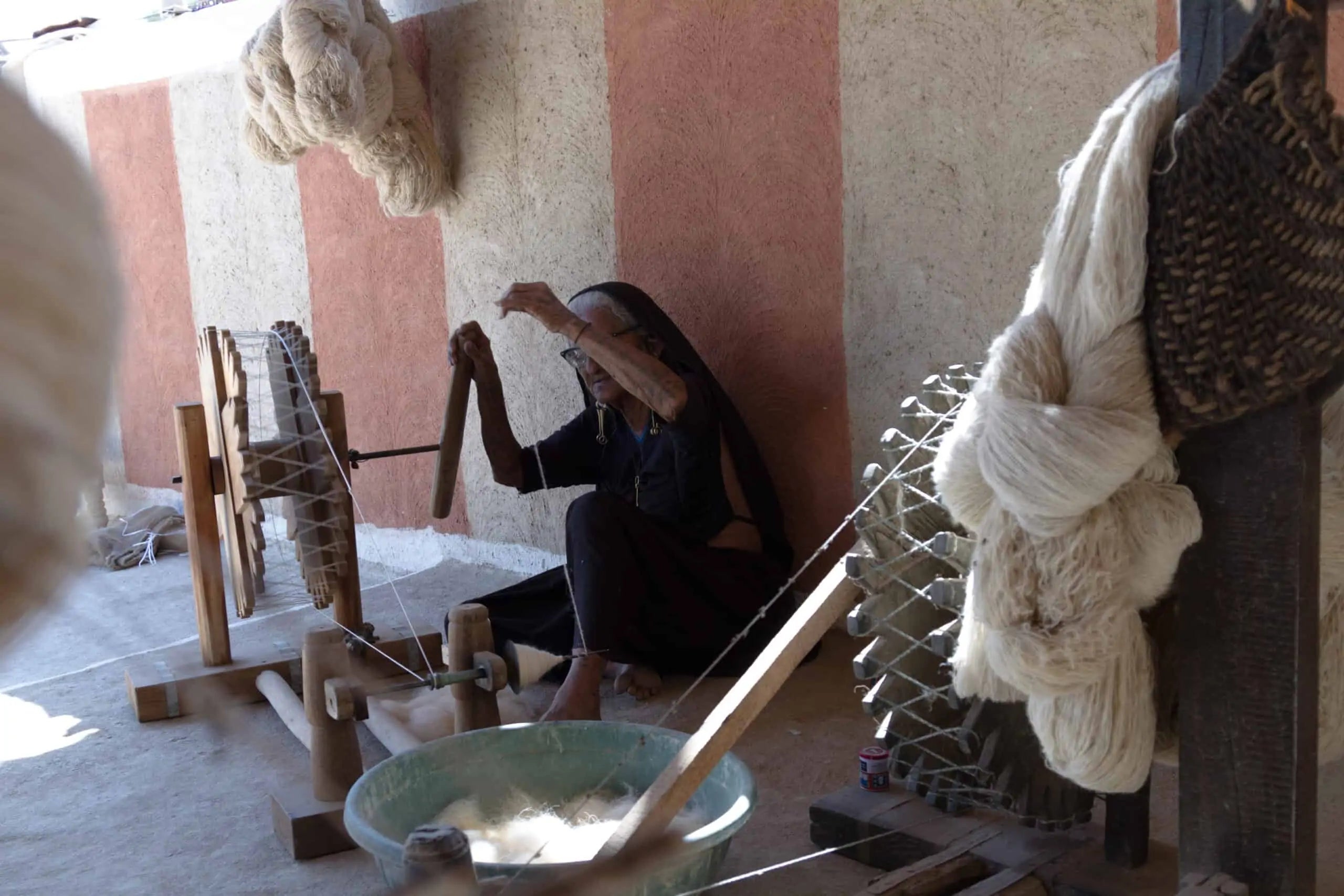
However, behind the scenes of the clothes we are wearing, there are numerous indigenous women who work hard everyday to produce our clothes. Here, the conversation around cultural appropriation in the fashion industry continues. There have been many cases where Zara, Anthropologie and Patowl have been accused of using indigenous communities' patterns in their fashion, encouraging them to pay back for the use of Oaxaca patterns and embroidery in their dresses and skirts. Some cases where forced to recognize the heritage of the community and removed the dress from their collection.
The problem with cultural appropriation is that, it not only lessens the value of indigenous communities producing these clothes, but also their well-deserved recognition, the time they put into the details of the embroideries and ultimately the money that they earn with it. Of course it is much easier to sell faster if the brand already has much more recognition, which is often the case for indigenous brands.
In conclusion, it is crucial in today's society to remain inclusive and thoughtful of indigenous brands, small business and manufacturers, as they deserve as much attention, if not more, for their hard effort, as anyone else.
-Sofia Sovera, freelance fashion editor and writer
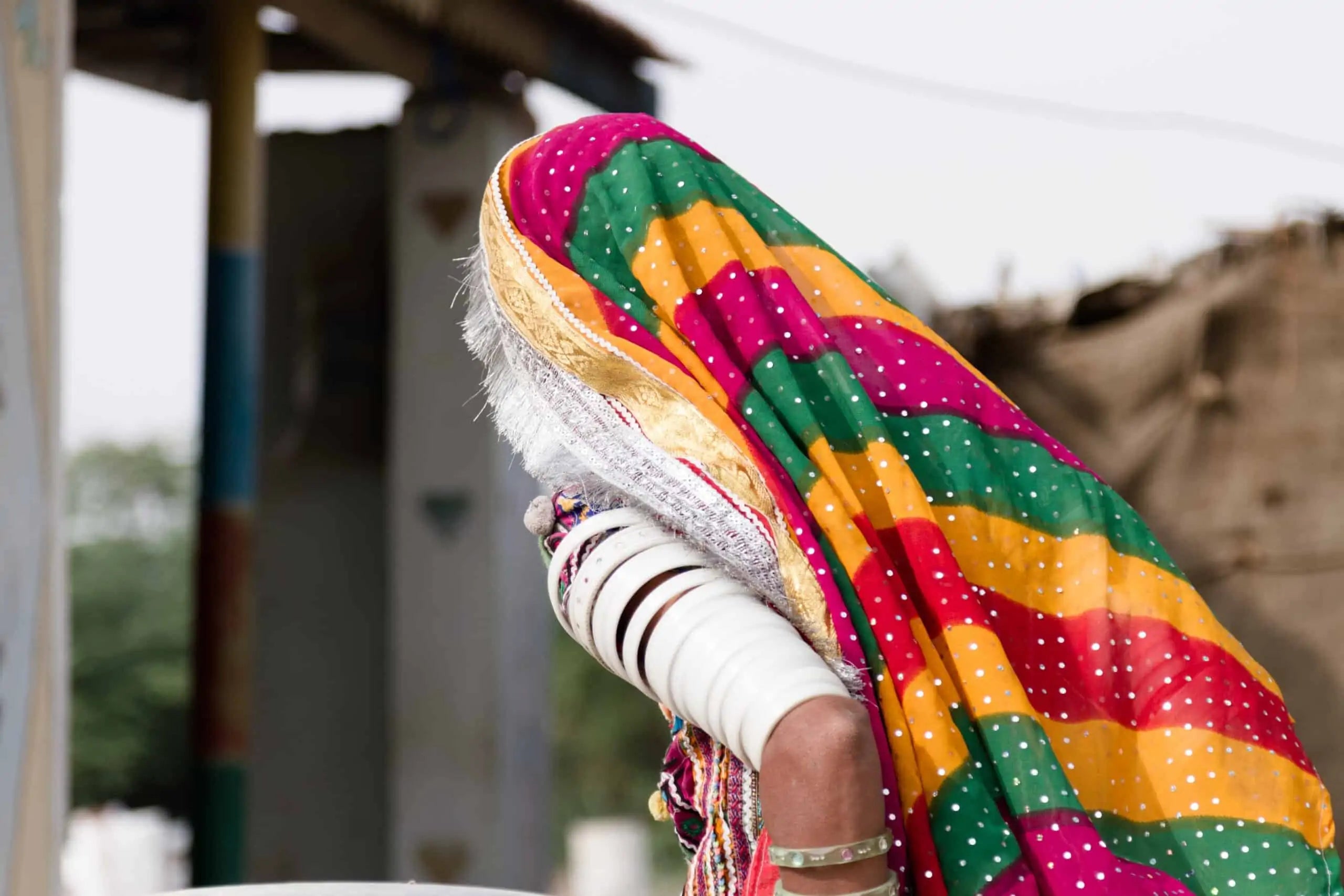
Note from Jyoti:
We are greatful to Sofia for addressing this important topic, which is of uppermost importance for us at Jyoti and our work.
Making sure that everyone along our value chain profits from working with us, is one of our core values. Giving credit and introducing you to the artisans and creators behind the beautiful designs of our fabrics is crucial to us.
By introducing them to you, telling their stories and integrating their art into our designs we wish to support them in pursuing their craft and receiving the appreciation they deserve. Find out more about the artisans that are behind our fabrics by clicking HERE .


